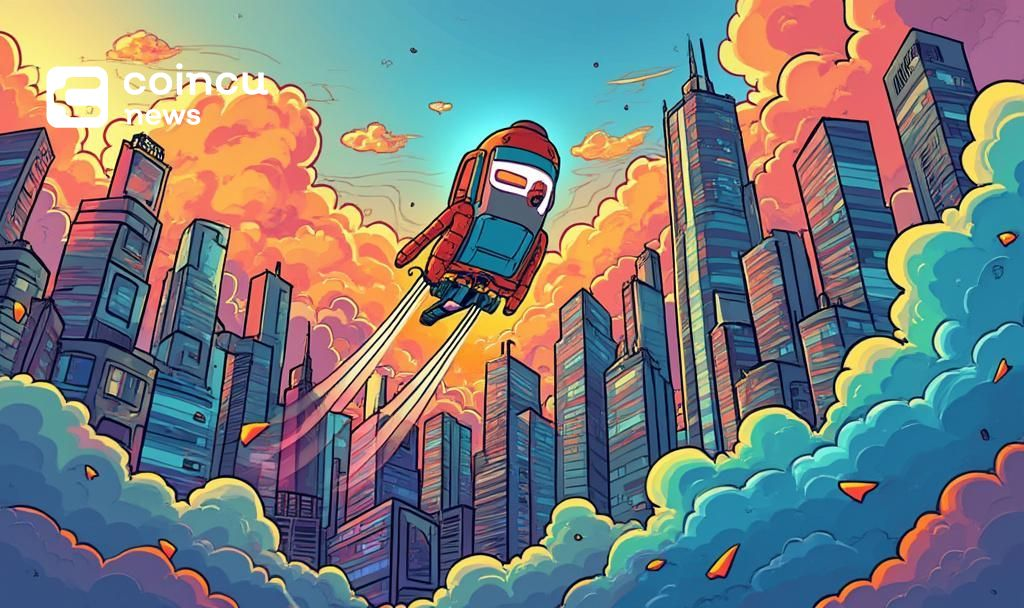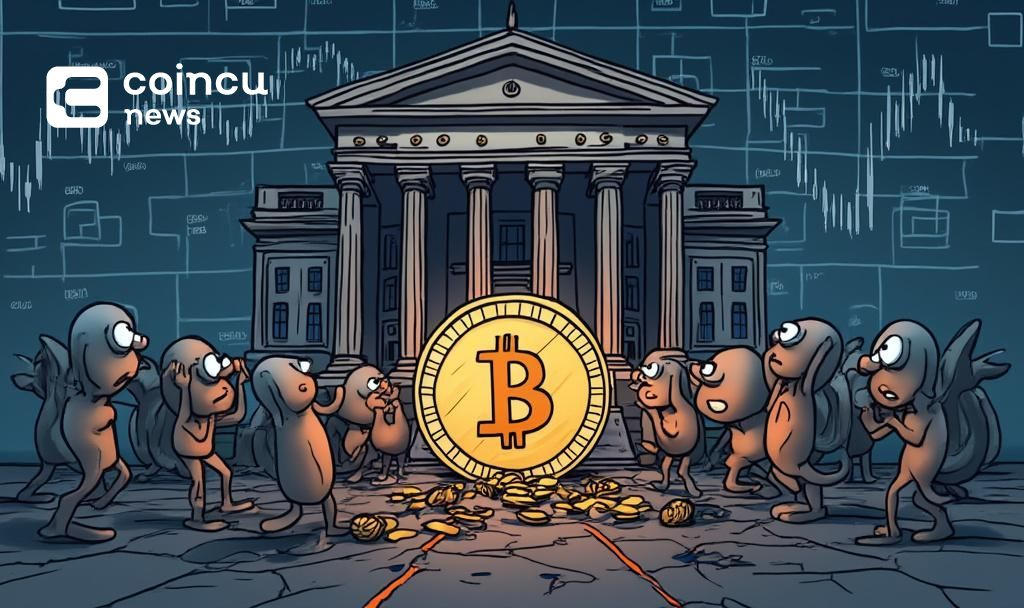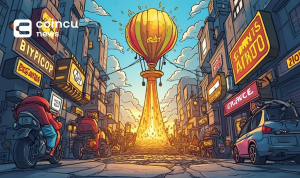$117950
At CoinCu News, we give both basic and in-depth articles on the latest news in the cryptocurrency and blockchain sectors.
Akinyemi Okedeji Amoo, known as Tony, is a seasoned Web3 content strategist specializing in crypto journalism, PR, and SEO-driven content marketing. With six years of experience in cryptocurrency media, he has crafted high-impact presale articles and educational content that bridge the gap between blockchain innovation and mainstream adoption.
Passionate about blockchain’s role in reshaping global finance, Tony positions himself as a thought leader, delivering in-depth analyses and compelling narratives. At Coincu.com, he leverages his expertise to produce insightful, data-driven content that empowers readers with actionable knowledge on digital assets and emerging Web3 trends.
News
Block Replaces Hess in S&P 500, Stock Surges
Block, Inc. joins the S&P 500, replacing Hess and boosting stock value.
Jul
Bullish Applies for $100 Million IPO on NYSE
Bullish, backed by Peter Thiel, files for a $100M NYSE IPO amidst a dramatic Q1
Jul
CoinDCX Reports $44.2 Million Hack, Ensures Customer Funds Safety
CoinDCX hacked for $44.2 million; internal wallet breach impacts, customer funds remain safe.
Jul
Webull Reintegrates to Resume Cryptocurrency Trading in 2025
Webull plans cryptocurrency trading relaunch amid evolving U.S. regulations. Plans expansion beyond Brazil.
Jul
Trump Signs U.S. Stablecoin Regulatory Act into Law
Trump signs U.S. Stablecoin Regulatory Act, advancing stablecoin legislation, rejecting CBDC adoption.
Jul
SEC Clarifies Stablecoin Bill Miscommunication and Market Response
Potential SEC stablecoin bill clarifications stir up responses. Explore reactions and insights.
Jul
China Challenges Stablecoin Reliability, Emphasizes Sovereign Currency
Guan Tao critiques US stablecoins at CMF seminar, urging strategic RMB focus.
Jul
WLFI Clarifies Token Unlocking, Partners for Rewards Program
WLFI assures no token unlocking for founders. Partners with exchanges for a rewards program.
Jul
Trump’s Alleged Epstein Testimony Tweet Disputed: No Evidence Found
Claims of Trump's tweet on Epstein's jury testimony lack evidence. Official channels show no record
Jul
[tptn_list how_old="7" limit="5" title_length="0" heading="0" show_date="0" ]
[tptn_list how_old="30" limit="5" title_length="0" heading="0" show_date="0" ]






















